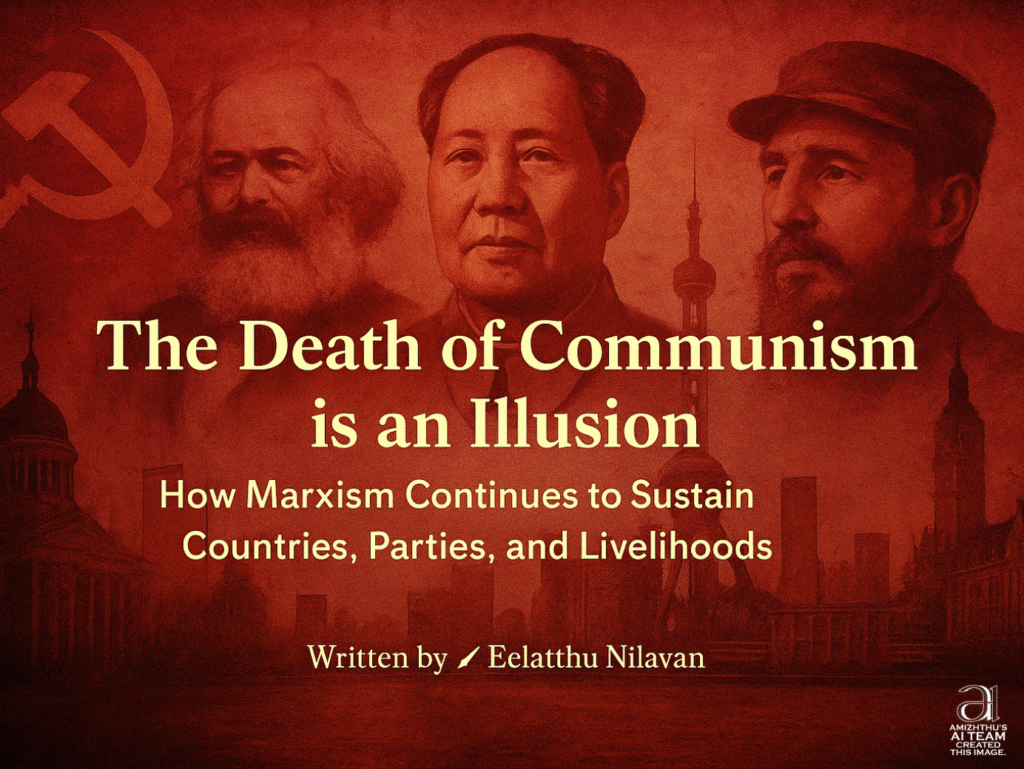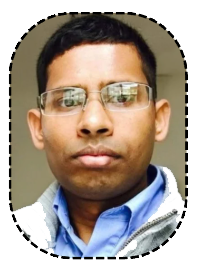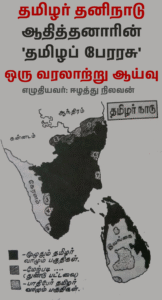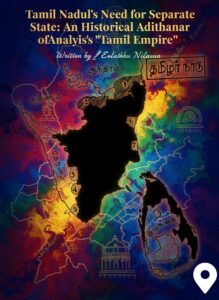✦. Chapter 1: The Origins of Marxism and Its Historical Journey

In the mid-19th century, Karl Marx and Friedrich Engels developed the foundations of Marxist theory. The Communist Manifesto (1848) highlighted the contradictions of capitalism and the revolutionary path of the working class, while Das Kapital (1867) became the definitive critique of global economic systems.
By the early 20th century, the 1917 Bolshevik Revolution in the Soviet Union ushered in a new era in world politics. Later, China (1949) and Cuba (1959) adopted Marxism as the foundation of state governance, embedding it deeply into societal structures.
✧. Historical Figure: Karl Marx (1818–1883)
◈ Born in Germany, Marx spent much of his life in poverty and exile, witnessing extreme political oppression.
◈ He authored Das Kapital, critiquing capitalism’s inherent exploitation and envisioning a classless society.
◈ While Marx himself did not benefit materially from his ideology, his ideas became the foundation for generations to build careers, political influence, and institutions.
✦. Chapter 2: Political Parties as Economic Engines
Communist parties evolved into not only political organizations but also machines for livelihood generation.
● China: Over 90 million members of the Communist Party of China (CPC) today benefit from direct career advancement, government salaries, and business opportunities linked to party loyalty.
● Cuba: State employment, healthcare, education, and media are all controlled by the party, providing livelihoods for thousands.
● Western Countries: Communist or leftist parties in Italy, France, and Greece still influence local politics and provide organizational and professional opportunities.
✧. Historical Figure: Mao Zedong (1893–1976)
● Mao led the Long March (1934–35), a 6,000-mile retreat that preserved the Communist Party during critical times.
● In 1949, he established the People’s Republic of China, centralizing party authority across government, military, and industry.
● Millions of people gained employment in these sectors, directly tied to the Marxist state structure.
● Mao’s career exemplifies Marxism becoming a vehicle for political authority and livelihood generation.
✦. Chapter 3: Marxism in Education and Research
Marxism has established a major economic ecosystem within education and research worldwide.
◉ China: Thousands of Schools of Marxism have been established under Xi Jinping’s leadership, with every major university housing ideological departments to educate professors, researchers, and administrators.
◉ Cuba: Soviet-style curricula remain in place, ensuring that teachers and students are integrated into a Marxist academic system.
◉ Western Countries: Universities like Harvard, Essex, and York University offer specialized programs in Marxist studies and critical theory, forming a global educational network.
✧. Historical Figure: Marcello Musto (1976–Present)
● An Italian scholar and globally recognized Marxist researcher, currently a professor at York University, Canada.
● Edited works such as Karl Marx’s Grundrisse and has influenced thousands of students through international conferences and research collaborations.
● Musto’s career demonstrates how Marxist education itself has become a livelihood, sustaining academics and researchers worldwide.
✦. Chapter 4: Media, Publishing, and Ideological Networks
● Marxism also provides careers in media, publishing, and ideological organizations.
● China: State media such as People’s Daily and Xinhua employ tens of thousands of journalists and editors.
● Cuba: Granma, established in 1965, functions as the official voice of the Communist Party, supporting thousands of journalists, editors, and media workers.
● Western Countries: Publications like Jacobin, New Left Review, and Monthly Review propagate Marxist thought and provide paid opportunities for writers and editors.
✧. Historical Figure: Fidel Castro (1926–2016)
︎ Led the Cuban Revolution in 1959, overthrowing Batista’s regime and establishing a Marxist-Leninist state.
︎ During his rule, media and publishing became central to sustaining party ideology, employing thousands of professionals.
︎ Castro’s leadership demonstrates Marxism as a form of economic and professional infrastructure within state-run media.
✦. Chapter 5: Ideological Officials – Governance as a Profession
Marxism institutionalized ideological officials as a separate professional layer within government structures.
● China: Universities maintain ideological evaluation systems, employing hundreds of “ideological advisors.”
● Cuba: Marxist education is compulsory from primary school to higher education, creating thousands of teaching positions.
● Western Countries: Labor unions and leftist political organizations operate on Marxist principles, creating indirect career paths in activism, education, and administration.
✧. Historical Figure: Antonio Gramsci (1891–1937)
● Italian Marxist thinker imprisoned under Mussolini, author of the Prison Notebooks.
● Introduced the concept of “Cultural Hegemony,” explaining how states maintain control via ideology in education, media, and culture.
● Today, his ideas underpin Marxist influence in Western education, labor unions, and cultural institutions.
✦. Chapter 6: Conclusion
Marxism today is not merely a political ideology; it is a livelihood-generating system spanning government, academia, media, and labor organizations.
︎ Mao Zedong – China
︎ Fidel Castro – Cuba
︎ Marcello Musto – Western academia
︎ Antonio Gramsci – Cultural and ideological influence worldwide
Their lives illustrate a single fact:
“Marxism never truly dies. It continues to exist, adapt, and provide livelihoods and influence in new forms across generations and societies.”

Written by Eelaththu Nilavan
“Tracing the living pulse of Marxism: how ideas thought to be dead continue to shape lives, politics, and power across the world.”
15/09/2025


